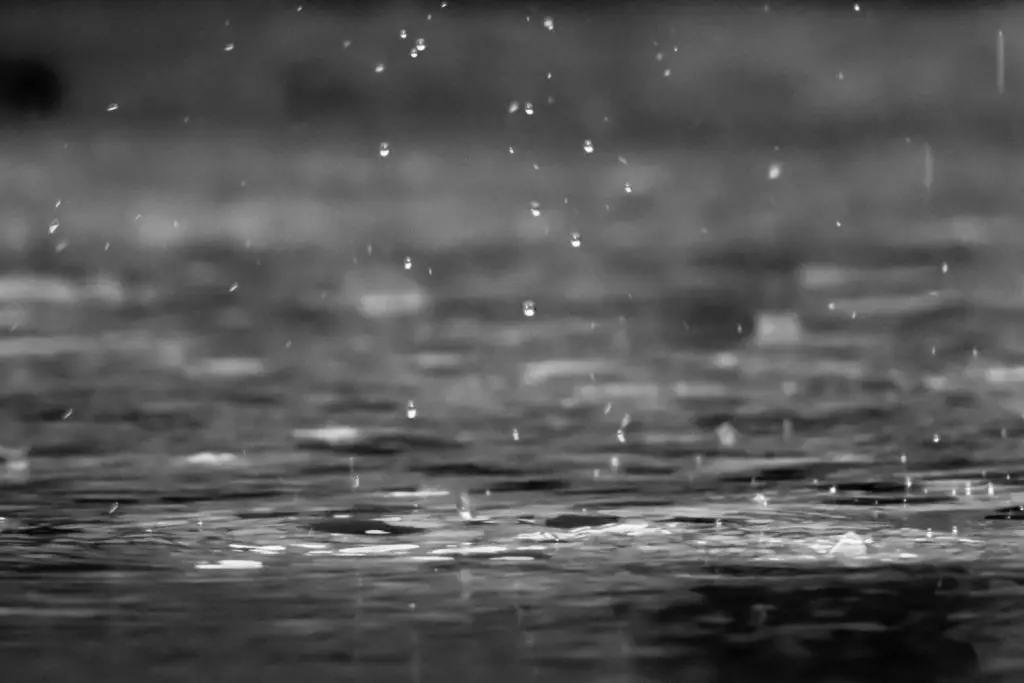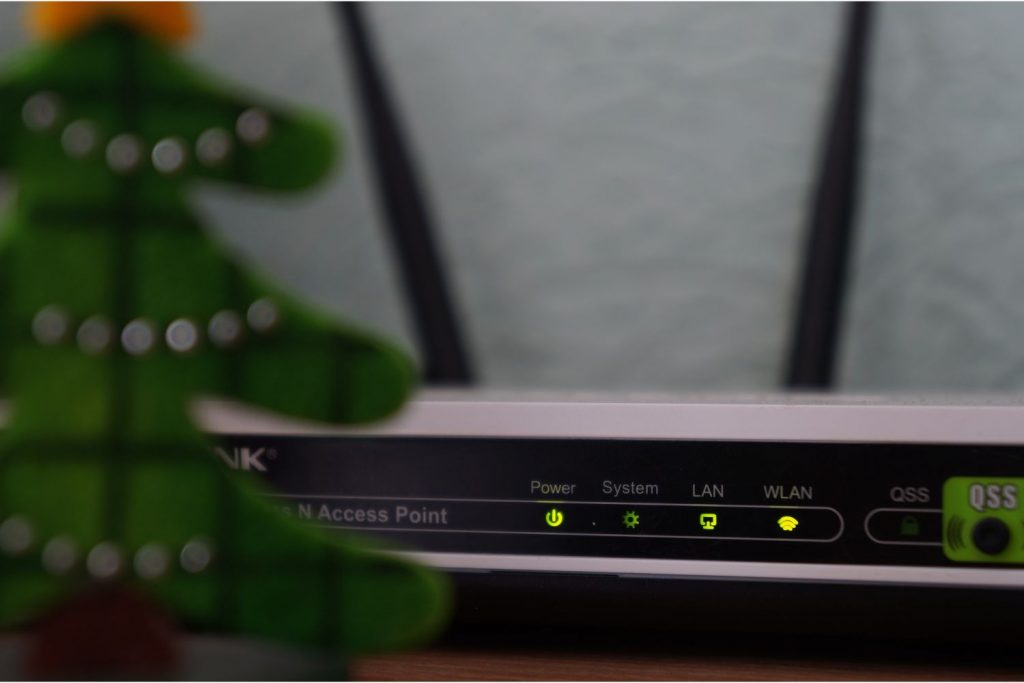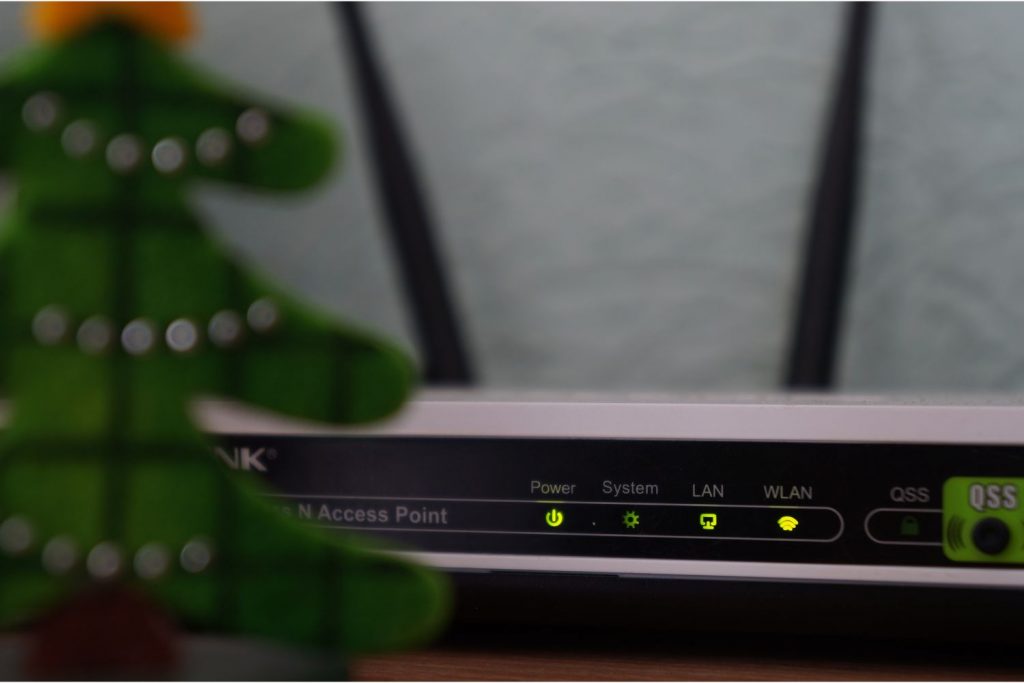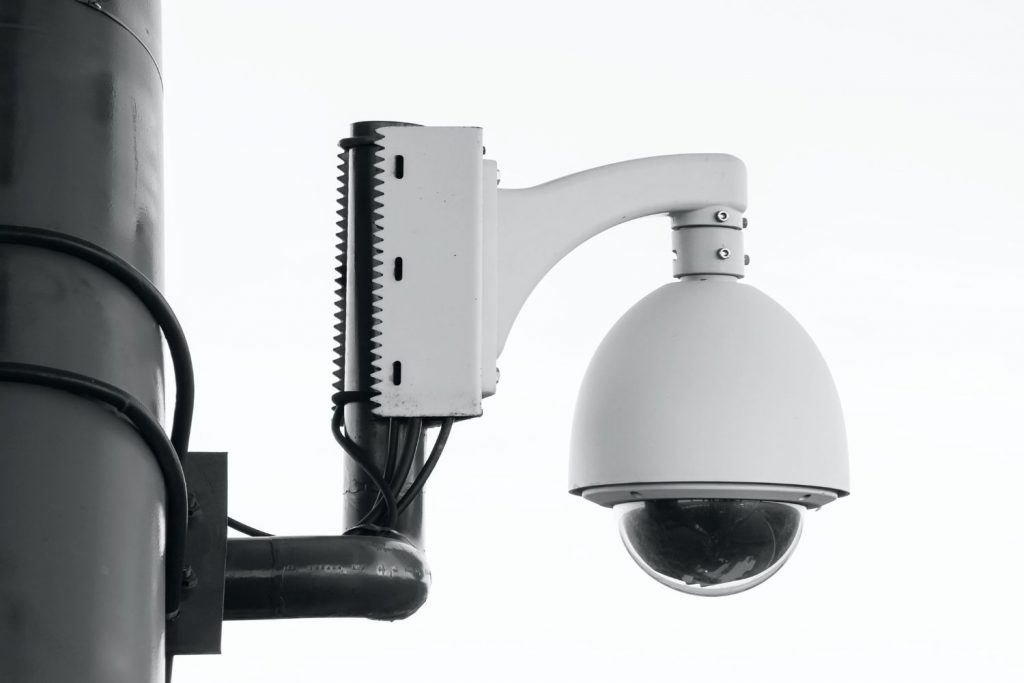We may get commissions for purchases made through links in this post. Thanks for the support! 👍
When all you want is to feel in control, the last thing you need is a faulty security camera. They are essential for providing a sense of safety and security for both your home and business. But what happens when your security camera starts to skip frames? It’s not only annoying, but it can also be a sign of a bigger problem.
Common reasons for a security camera that skip frames include adverse weather conditions, electrical interference, incorrect installation, malfunctioning power supply or equipment, network connection issues, and wifi connectivity issues.
In this article, I’ll explore why your security camera might be skipping frames and how to prevent it from happening in the future. We’ll also discuss the steps you can take to troubleshoot any current issues you’re experiencing. Ready to find out more? Keep reading!
Security cameras are not infallible and can suffer various issues, including frame skipping. Frame skipping occurs when a security camera misses frames during recording, resulting in a choppy, distorted video.
This can be highly problematic, making it challenging to identify anything found on the recording. There are many potential causes of frame skipping, ranging from hardware and software issues to poor monitoring and maintenance.
It is essential to understand these causes to ensure your security camera system is working correctly and providing you with the protection you need. Let’s look at some of the most common issues of frame skipping.
1. Adverse Weather Conditions

Rain, wind, or sandstorms can cause the camera to skip frames as it adjusts to the changing light and weather conditions. These conditions can result in the camera swaying, capturing distorted images, and skipping frames.
This often results in jerky video, as the camera cannot keep up with the environmental changes. When this occurs, the quality of the footage can lag or degrade, making it difficult to identify objects, people, or other details in the footage.
If the camera is exposed to bad weather, consider installing cameras in sheltered locations or with weatherproof covers like these ones to minimize the impact of the elements on the camera. With this in mind, you can ensure that your security camera footage will remain clear and reliable regardless of the weather.
2. Electrical Interference
Electrical interference can be a major headache for security camera owners. This type of interference can cause cameras to malfunction, from poor image quality to frame skipping.
To avoid this issue, security camera owners must take steps to reduce electrical interference.
This includes:
- Avoiding placing cameras close to electrical equipment or power lines.
- Using shielded wiring to reduce potential interference.
- Make sure that the cameras are correctly grounded.
- Check to see that any electrical equipment near the cameras is appropriately insulated.
3. Incorrect Installation
When it comes to security cameras, correct installation is critical. Incorrect installation can lead to several problems, such as frame skipping, power fluctuations, and poor image quality.
Poor image quality can be caused by the following:
- Incorrect positioning of the camera
- Poor wiring
- Incorrect focal length
- Incorrect image settings
To ensure that your security system is working properly, it’s crucial to ensure that all components are installed correctly.
You can do this by:
Checking the camera cables and connectors for damage and ensuring they are adequately grounded and routed. This is especially critical if your camera has long cables or analog output.
4. Malfunctioning Power Supply or Equipment
Malfunctioning power supplies can wreak havoc on security cameras, preventing them from performing as expected. When this happens, a few common issues can occur:
- First, the cameras may not be able to capture images at the same rate as before, potentially leading to frame skipping or a decrease in image quality.
- Second, the cameras may not be able to power on reliably, leading to unexpected power outages and blind spots in the surveillance system.
- Third, the cameras may not be able to power up at all, resulting in a complete system breakdown.
To prevent these problems, it’s essential to:
- Check the camera itself for hardware damage
- Check the PoE (Power over Ethernet) switch
- Check the fuse box
- Check the cables and connectors at both ends
- Ensure your camera network settings are correct
Additionally, it’s essential to use quality, reliable power supplies and to ensure they are not overloaded.
5. Network Connection Issues
If the network isn’t working correctly, the cameras won’t be able to transmit their data. So it’s essential to check the NVR’s (Network Video Recorder) decoding capability.
This will ensure that your security camera can catch up on important information. Having cameras with high resolution or a high frame rate is imperative.
The NVR should be able to handle the resolution and frame rate of the camera and decode it properly to give you an accurate view of what is happening. If your NVR cannot handle the camera’s resolution or frame rate, it will skip frames, resulting in a blurry or incomplete image.
To ensure that your NVR is correctly decoding, check the user manual or look for online resources to determine your security camera’s optimal resolution and frame rate.
- This Is Why Security Cameras Have Low-Quality Video
- Top 4 Best Night Vision Cameras Without a Red Light
6. Wifi Connectivity Issues

Weak wifi can be a real problem for security cameras. When wifi signals become too weak, the cameras may fail to work correctly. This can lead to issues like skipped frames or an inability to connect with the cloud.
To ensure your security camera is working correctly, it’s important to have a solid and reliable wifi signal.
You can also:
- Check the signal using a wifi analyzer.
- Move the camera closer to your router.
- Use a wifi extender or a mesh router to boost the signal.
Conclusion
Security cameras are essential to any modern home or business security system. They provide invaluable protection against theft, vandalism, and other criminal activities.
However, they can be prone to malfunctions, primarily due to the following:
- Network issues with the power supply
- Weak or blocked wifi signal
- Adverse weather conditions
- Inadequate, overloaded, or disrupted power supply
Aside from that, it is also crucial that you check on the camera itself and its software regularly to ensure that they are working correctly.

